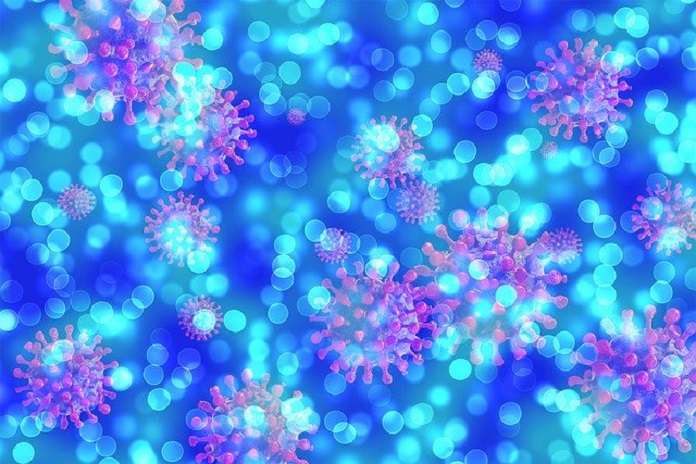A new study, published in The Lancet Rheumatology, examines the effectiveness of the immunotherapy drug anakinra for COVID-19 treatment.
The number of people with COVID-19 continues to rise across the globe.
Although most cases are mild, some people may experience more severe symptoms and require hospitalization.
It is important that treatment is found to help people recover from critical cases of COVID-19, as some people cannot fight off the virus easily.
This will help improve patient outcomes and prevent excess strain on crowded hospitals until a vaccine for COVID-19 is developed.
Cytokines are an essential part of the immune system, and they are necessary to help clear infections from the body.
People with severe forms of COVID-19 experience a strong inflammatory response that stimulates the overproduction of cytokines, which can result in acute respiratory distress syndrome (ARDS).
Since ARDS is the primary cause of death from COVID-19, it is important to reduce this risk.
Some researchers believe that certain immunotherapy drugs can help prevent ARDS because the immune system plays a major role in the development of ARDS.
One example of this is the drug Anakinra, which has primarily been used to treat rheumatoid arthritis.
Anakinra blocks a pro-inflammatory cytokine called IL-1 and it is believed to reduce the severity of the inflammatory response.
To test the effectiveness of anakinra for COVID-19, a study was conducted in Italy and published in The Lancet Rheumatology.
The study included 45 COVID-19 hospital patients aged 18 or older with moderate-to-severe ARDS.
The treatment group consisted of 29 patients who received 5mg/kg body weight intravenous anakinra twice daily in addition to standard treatment and non-invasive ventilation.
The control group consisted of 16 patients who received only standard treatment and non-invasive ventilation.
For reference, the standard treatment was two daily oral doses each of 400mg lopinavir, 100mg ritonavir, and 200mg hydroxychloroquine.
After 21 days, 72% of the treatment group showed improvement in respiratory function compared to 50% of the control group, while 17% of the treatment group went on mechanical ventilation compared to 6% of the control group.
Moreover, 10% of the treatment group passed away compared to 44% of the control group.
Bacteraemia, or the presence of bacteria in typically sterile blood, was observed in 14% of the treatment group and 13% of the control group.
The results of this study suggest that anakinra could potentially be effective in helping COVID-19 patients recover.
However, more research is needed to determine if this is valid, given the small sample size of this study.
Additionally, more research is needed to help prevent bacteraemia during COVID-19 treatment to improve patient outcomes.
Written by Avery Bisbee
For a range of personal protective equipment, visit www.medofsupply.com
References:
Cavalli, G., De Luca, G., & Campochiaro, C., et al (2020). Interleukin-1 blockade with high-dose anakinra in patients with COVID-19, acute respiratory distress syndrome, and hyper inflammation: a retrospective cohort study. The Lancet Rheumatology, 1–7. doi: 10.1016/S2665-9913(20)30127
The Lancet Rheumatology: Small observational study of patients with severe COVID-19 treated with the arthritis drug anakinra finds clinical improvements. (2020, May 7). Retrieved May 13, 2020, from https://www.eurekalert.org/pub_releases/2020-05/tl-pss050720.php
Image by Gerd Altmann from Pixabay



